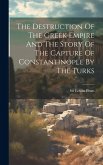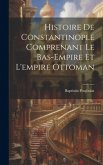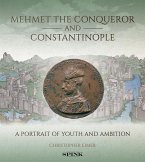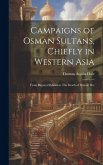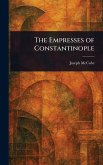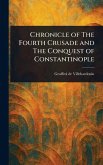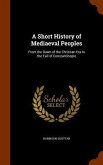"The Destruction of the Greek Empire and the Story of the Capture of Constantinople by the Turks," by Edwin Pears, recounts a pivotal moment in medieval history: the fall of Constantinople. This meticulously researched account details the dramatic siege and capture of the Byzantine capital by the Ottoman Empire, marking the end of an era. Explore the events leading up to the conquest, examining the political landscape of the Byzantine Empire and the rise of the Ottoman Turks. Pears provides a historical narrative of this clash between civilizations, set against the backdrop of Constantinople, now Istanbul, Turkey. This book offers insights into a defining period in European history. It is essential reading for anyone interested in the history of the Byzantine Empire, the Ottoman Empire, and the medieval world. This work has been selected by scholars as being culturally important, and is part of the knowledge base of civilization as we know it. This work is in the public domain in the United States of America, and possibly other nations. Within the United States, you may freely copy and distribute this work, as no entity (individual or corporate) has a copyright on the body of the work. Scholars believe, and we concur, that this work is important enough to be preserved, reproduced, and made generally available to the public. We appreciate your support of the preservation process, and thank you for being an important part of keeping this knowledge alive and relevant.
Bitte wählen Sie Ihr Anliegen aus.
Rechnungen
Retourenschein anfordern
Bestellstatus
Storno



